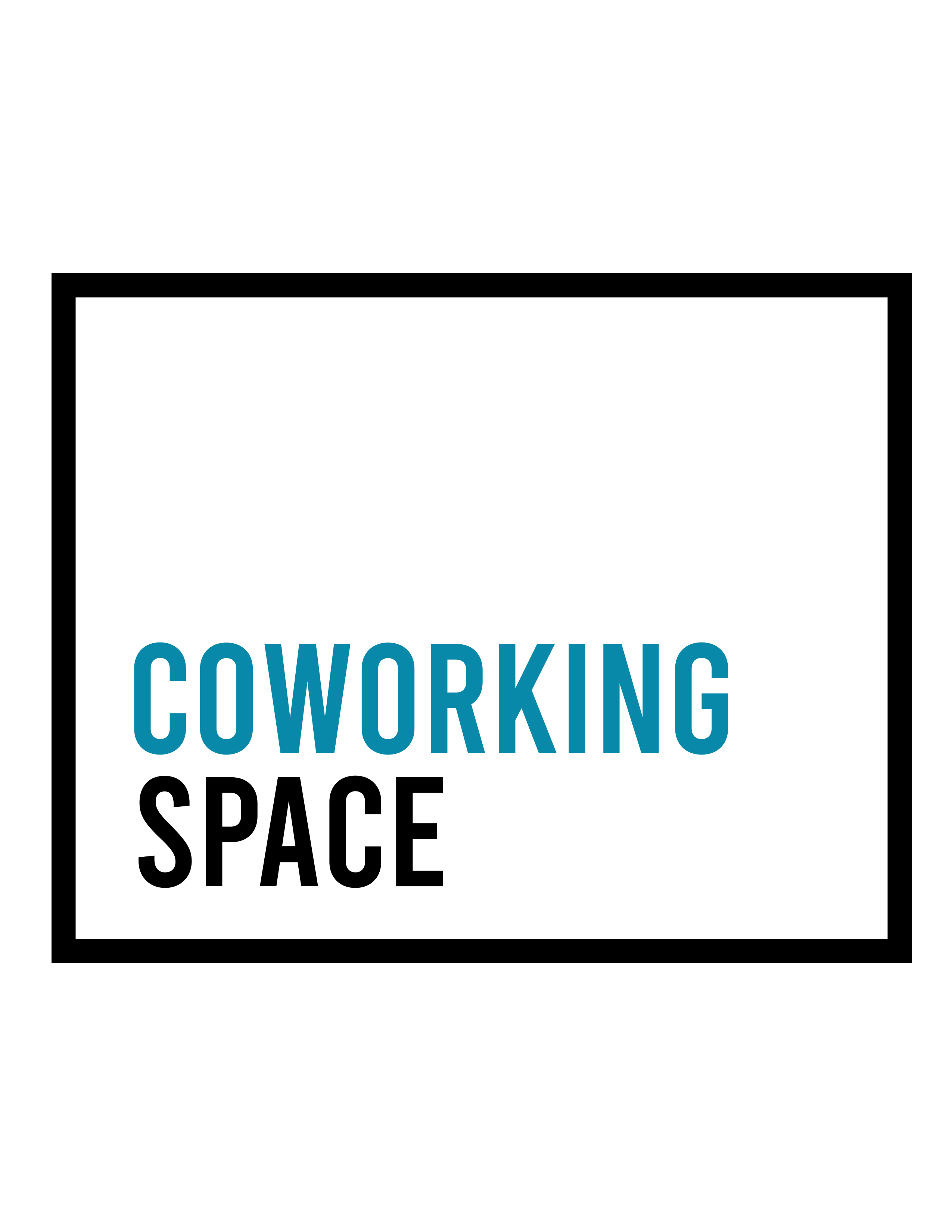Why Singapore’s Tech Startups Stick to Coworking Spaces

When the first coworking spaces were established in Singapore back in 2011, the people who were attracted to them and patronised their businesses were mostly tech startups. Back then, coworking spaces were just workspaces for those tight on budget to share the expenses that come with leasing an office. Almost a decade later, coworking spaces now have varying services, perks, and lifestyle offerings to accommodate different kinds of workers. Though many more industries have started favouring coworking spaces, tech startups are still one of the most prominent members of coworking communities.
Coworking has a unique environment.
Unlike any other work environment, coworking spaces have distinct thrumming energy that is apparent the moment you set foot in a coworking space. This unique vigour excites people and brings out their passionate and productive selves. Perhaps it is the community of driven individuals who are each working hard to make a difference and succeed in whichever endeavour they choose, or it’s the architecture and interior that allows workers of all sorts to find a work station that brings out the best in them, either way, tech startups, like many others, thrive the most in this environment and find themselves coming back because no other office could give them the same results.
Many tech startups grew in coworking environments.

When coworking was just picking up, it was mostly tech startups that inhabited their spaces. Over the course of time, as the coworking industry boomed and more and more flexible workspaces opened up all throughout the world’s cities, tech startups grew with the coworking industry.
At the time when tech startups were in the early stages of their businesses, they worked in coworking spaces and enjoyed the flexible work setup they promoted. Now that these tech startups have grown and evolved into more established companies, the same people who thrived and grew in coworking spaces before now see the benefit of flexible work environments as opposed to leasing your own office space. It is these people who are driving many larger and more well-established companies to move into coworking spaces and shift towards more flexible work.
Coworking communities are recruitment pools.
Though having your own office space gives you great privacy and a sense of ownership, it serves to cage you in and physically bars you from interacting with people outside of your company. Meanwhile, coworking spaces allow you to share your office with people from different backgrounds and areas of expertise. This gives tech companies who are competitively hunting for talent a lot more opportunity to scout new recruits to join their teams.
Not only will tech startups be able to select from one coworking community, but they would also be able to reach several coworking communities by having employees work in various coworking spaces. This diversity allows them to target different niches which should give them a wide variety of potential workers. From artists and designers to coders and programmers, tech startups would be able to find the best of the best given the incredibly diverse pool of individuals their team can encounter.
Even financially stable companies want to cut costs.

Whether tech startups are just starting out with tight budgets or they’ve been established and raking in a lot of money, it would serve their company well to cut costs where they are able. Since tech startups function mostly with technology, they are not bound to physical spaces like retail companies or manufacturing companies are. This means they have no need for an office of their own and they can save on rental fees by having their workers use coworking spaces.
This can go a long way in improving their company; the amount of money to be saved from leasing entire office floors can be phenomenal and could open up new opportunities via projects and investments that could potentially yield returns.
Tech startups thrive on flexibility.
One of the advantages of tech startups is their independence from locations. The very nature of technology is to render lifestyle more flexible; hence one of the qualities of tech startup work is flexibility. No other workspace offers them what they need; only coworking spaces would allow tech startups to move from one location to another overnight. This promotes freedom for their employees, and it allows the company to build a wider reach.
This is a great strategy for companies looking to penetrate new markets. By having workers in various coworking spaces, they are planting seeds to build their company name and reputation in several locations simultaneously.
At the same time, this allows companies to have virtually no limits in terms of the individuals and organisations they can meet. The more widespread their team is, the wider their company’s reach is in terms of recruitment, collaboration, and partnerships.




